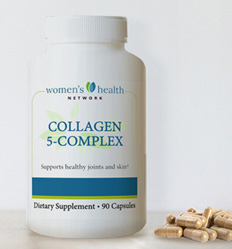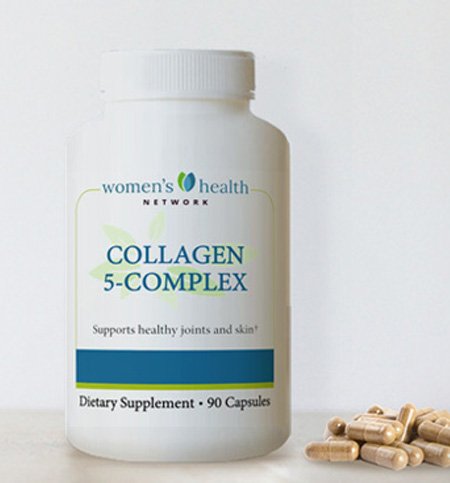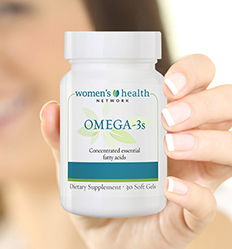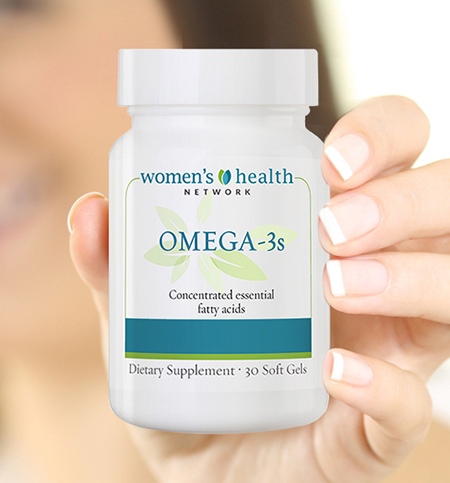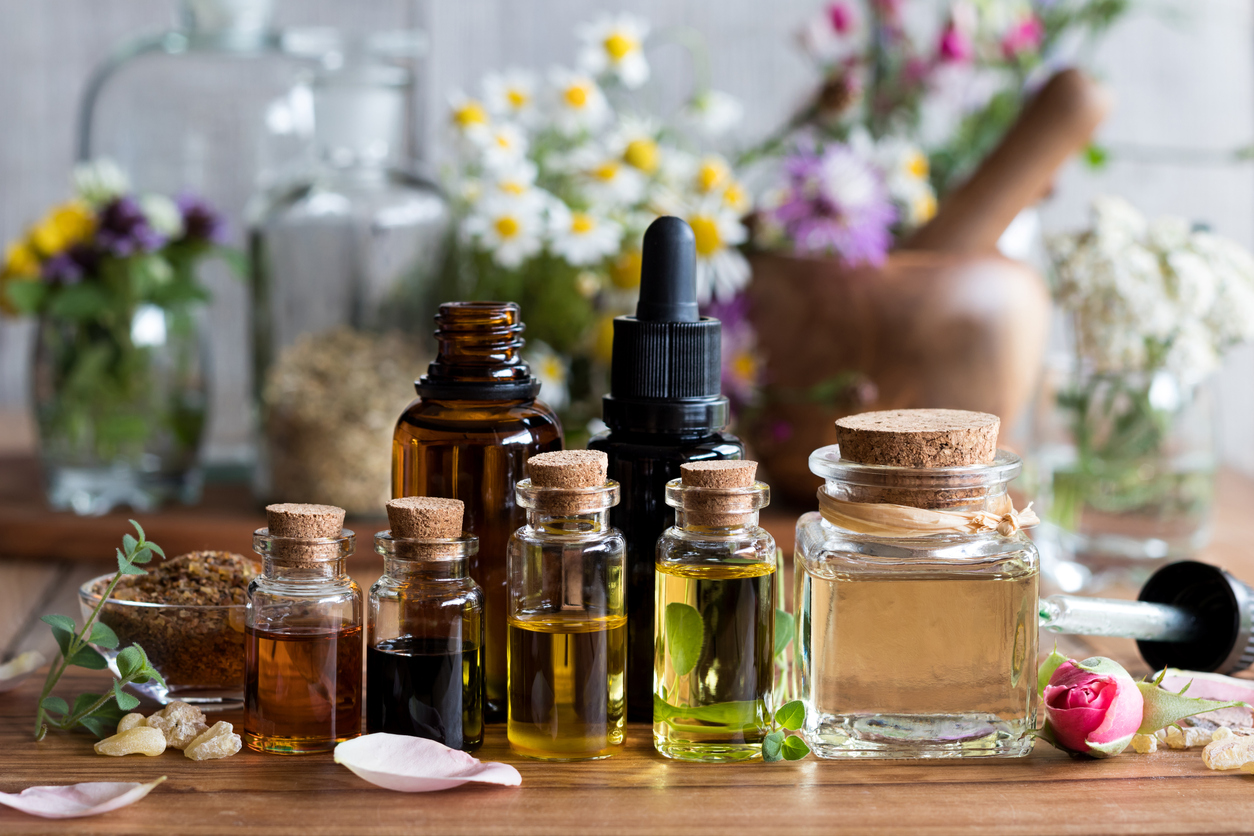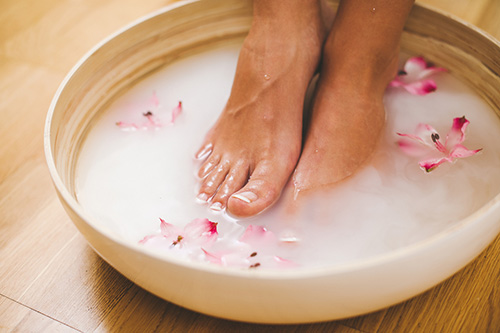Authored by Dr. Amber Hayden, DO
Skin care products promise us the world, but sadly many of them don’t deliver and can actually end up harming our skin more than helping. With all the money we spend on maintaining youthful skin, it’s clear that women are looking for something that works. The secret to stunning skin is getting at the root cause of skin damage: inflammation, an over-reactive immune system response that can damage healthy cells.

In a kind of domino effect, smoking, undiagnosed food sensitivities, artificial sweeteners, sugar, trans fats, stress and more can lead to free radicals and inflammation in our bodies, which in turn leads to cell damage and aging skin. There’s a way to reverse this process, and it’s not difficult.
Our approach to healthy skin is definitely not skin-deep. It covers the whole body and will not only have your skin glowing, but your body feeling great. Healthy foods, nutrients and minor changes in lifestyle, along with antioxidant nourishment can preserve your healthy skin cells and repair damaged ones.
Start with a skin-healthy diet
- Skin is often where toxins make their way out of the body. Try to eat organic as often as possible to limit intake of chemical pesticides. If organic food is too expensive, just make eating vegetables and fruits a priority at every meal. You can also take a look at the dirty dozen, a list of fruits and vegetables that contain the most pesticides, and buy them organic. Foods like leafy greens, nuts, seeds, fish, berries and citrus fruits are all high in the antioxidants that can help calm inflammation. Drinks like green tea and red wine also contain antioxidants.
- Avoid inflammatory foods like sugar, refined flours, trans fats and overly processed food. A high-sugar diet can age skin cells dramatically. And be mindful of the glycemic index of your meals.
- Drink 8-10 eight-ounce glasses of filtered water a day.
- In addition to eating foods with high antioxidant power, find a supplement that can boost your skin quality and overall health by providing antioxidants like beta carotene, and vitamins C and E to combat your daily exposure to free-radicals.
Replenish lost collagen
As women enter midlife and beyond, declines in estrogen levels reduce collagen production, resulting in decreased skin elasticity, increased dryness and wrinkles. Studies indicate that women may lose up to 30% of their collagen in the first five years after menopause.
Incorporating collagen supplements into your daily regimen helps to counteract these effects. Research suggests that daily intake of collagen peptides for 12 weeks can improve skin hydration, elasticity, and fine line and wrinkles. Additionally, collagen supplements may support bone health by increasing bone mineral density, which is particularly beneficial during menopause when the risk of osteoporosis rises.
Calm inflammation with omega-3’s & probiotics
- Eating foods high in omega-3 fatty acids can help calm inflammation body-wide. Foods like wild Pacific salmon, sardines, anchovies, walnuts, eggs and pumpkin seeds are all good sources of omega-3 fatty acids.
- To boost your anti-inflammatory efforts consider taking a high quality omega-3 supplement and probiotic. In addition to supporting healthy skin, omega-3’s help to protect your heart, brain, joints and more. And probiotics can boost beneficial anti-inflammatory flora in your digestive tract.
Rejuvenate — easy as A, E, C!
- Find a great moisturizer to use on your skin during the day time. It’s best to find one that can hydrate your skin to help minimize fine lines and wrinkles. You want to lock in moisture every day so use your moisturizer regularly, and especially after cleansing.
- Look for a non-synthetic Vitamin A cream or serum to use at night. This will help revitalize and encourage the production of collagen in your skin while you sleep. Be sure the product has Vitamin A in its retinoid form so that it can reach your skin cells effectively.
- Watch for skin care lines from Asia. Many are doing some wonderful work with topical serums to enhance collagen.
Did you say toner?
Let’s clear up confusion about products with some definitions.
Toner: a lotion or wash formulated to clean your skin and minimize the appearance of pores.
Cleanser: helps to remove oil, dirt, dead skin cells, make-up or other build-up on your face.
Moisturizer: helps hydrate skin and makes it smoother and supple. Some can also firm and brighten.
Serum: a lotion formulated to help nutrients reach the deep layers of your skin.
Limit stress
- Stress has profound effects on our bodies, particularly the skin. Any time you see a chance to limit your stress, take it. Whether it’s emotional stress like a negative relationship or difficult job, or physical stress like high exposure to electronics and WiFi, restorative breaks are always good for your body and soul.
- Exercise you enjoy on a regular basis is a great way to reduce stress and inflammation.
Use natural skincare products
- Look for the most natural skin care products you can find. Avoid those products that contain harmful substances like propylene glycol, phthalates, sodium lauryl sulfate and parabens. To research the safety of a particular product, see the Environmental Working Group’s cosmetic database.
Be mindful of the sun
- We feel strongly that you should get the benefits of Vitamin D so we hope you’ll continue to spend time outside enjoying the sun. But be respectful of your skin by using protection between the hours of 10 AM and 2 PM.
For a more in-depth look at holistic skin care, see our article Be radiant — tips for better skin, hair and nails. Be good to yourself and your skin. It won’t be long before you see — and feel — the changes.







